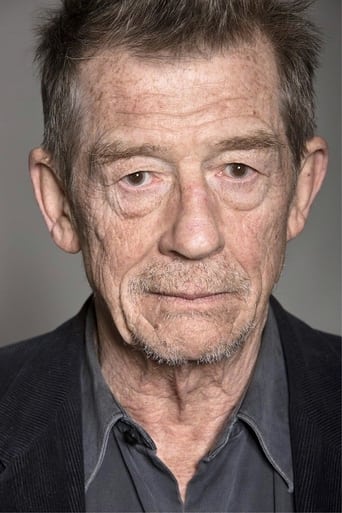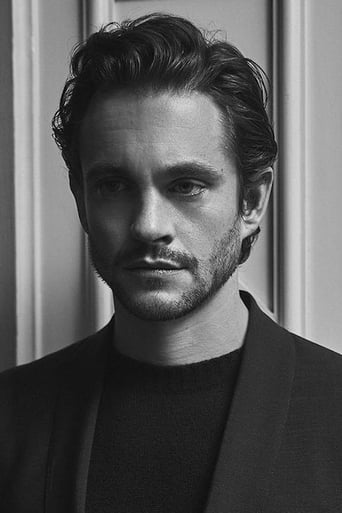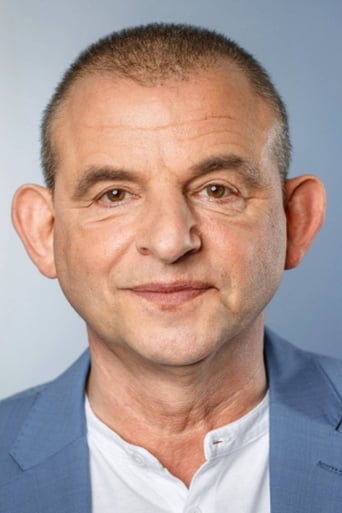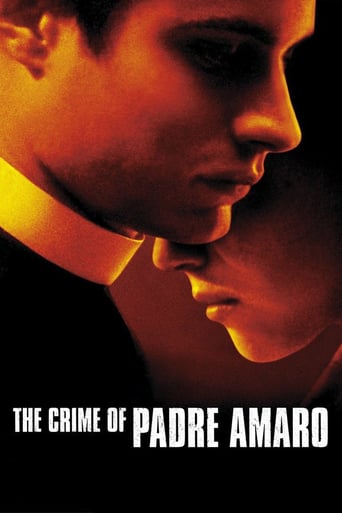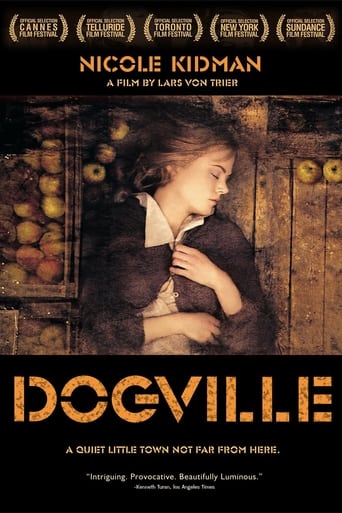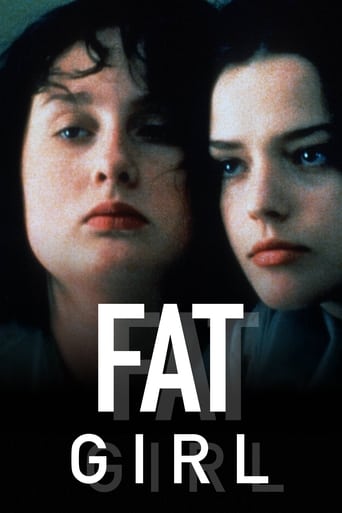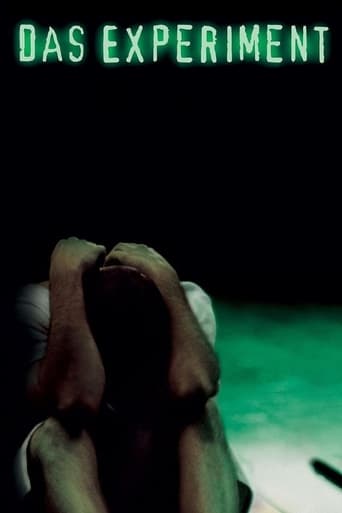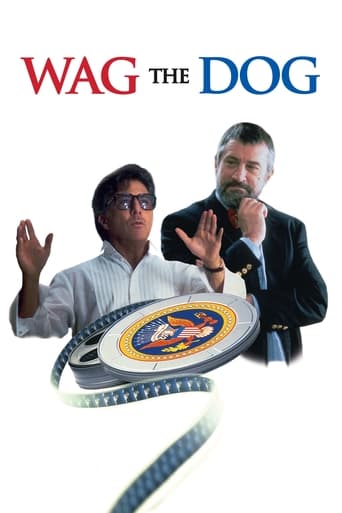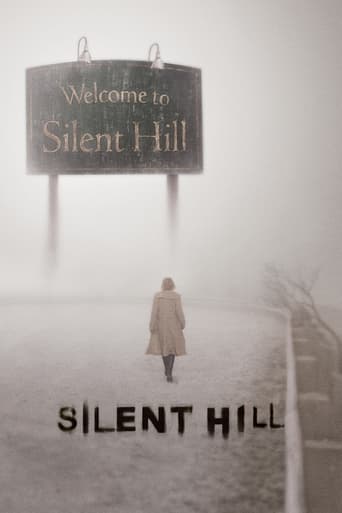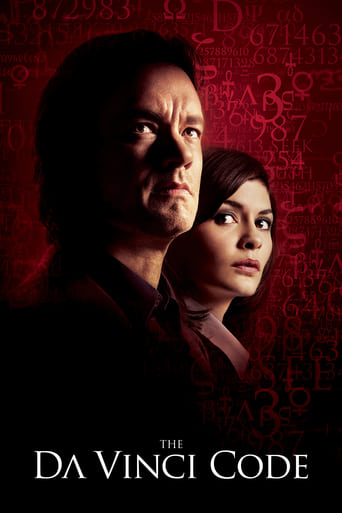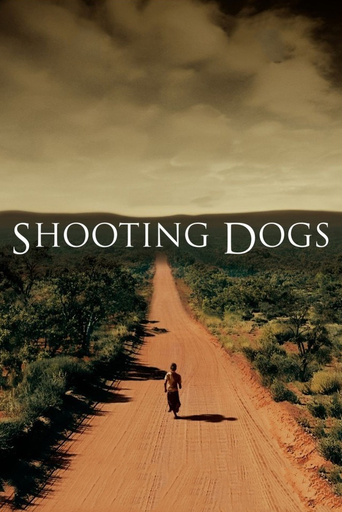
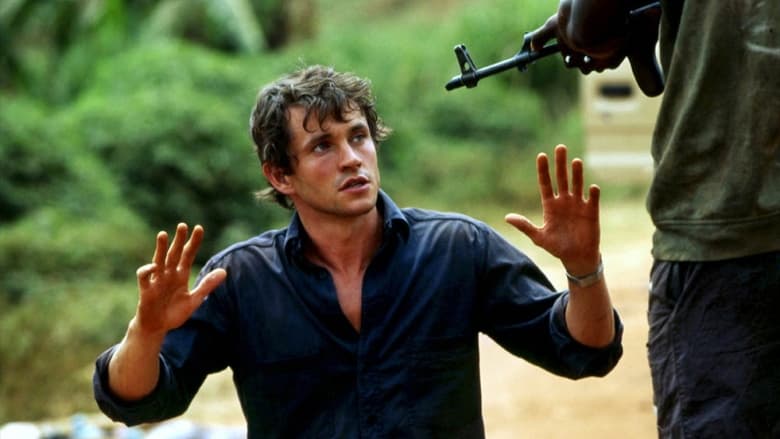
Shooting Dogs (2006)
Two westerners, a priest and a teacher find themselves in the middle of the Rwandan genocide and face a moral dilemna. Do they place themselves in danger and protect the refugees, or escape the country with their lives? Based on a true story.
Watch Trailer
Cast
Similar titles
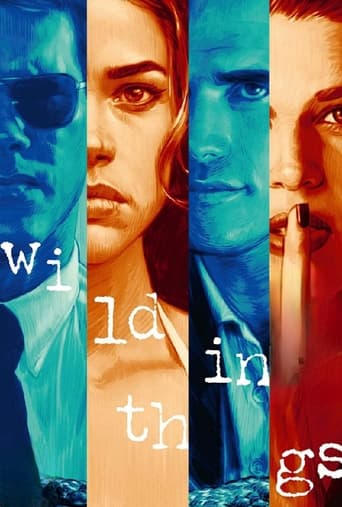
Reviews
Excellent, Without a doubt!!
Don't listen to the negative reviews
Absolutely the worst movie.
One of the most extraordinary films you will see this year. Take that as you want.
Of the four movies I watched on this topic, I felt this to be the strongest and there's a lot to praise about this one.This one isn't just another 'important' or award-baiting film about the genocide. It is intelligent and full of very difficult questions and strong themes. It does not just try to manipulate its audiences with emotional drama, but provokes the brain as well.The genocide is told from the point of view of the true events at 'Ecole Technique Officielle', where a priest and English teacher find their world and beliefs crumbling, where a UN force with its hands tied behind its back can only frustrate rather than help. We also get to know several Rwandans trying to survive.Besides the fact that it is all very well done and we get John Hurt in another amazing performance that required every millimeter of range and power that the actor has to offer, it also asks questions: How do you behave when you are helpless in the face of savagery? How far can you stick with an ideal? How much effect are Christian missionaries really having on Africans when you see this kind of behaviour? How can humans be both mercilessly savage as well as noble? In one brutally honest scene, a reporter regrettably admits to not being disturbed as much because, whereas in Bosnia it could have been her mother, this is 'just a bunch of Africans killing each other'.It doesn't have a bleeding-heart slant and it wouldn't have had such an effect on me if it had. It doesn't blame the Belgians as the trend dictates, a trend that ignores the longer history that separated the two peoples which the 19th century missionaries as well as 20th century Belgians probably made worse. But it does justifiably lash out at the UN that is worse than useless.It does have one flaw though, in that it almost never gives us any background and simply portrays Tutsis as a minority that is being methodically hated and killed by the Hutus. It never goes into the why's and origins of all the hate, nor does it talk about the fact that Tutsis were in power and controlled the Hutus and waged war with them previously several times, not to mention their killings of 100,000+ Hutus in Burundi.Comparisons: 'Sometimes in April' (with Idris Elba) is more informative and gives you a survival story from the point of view of Rwandans. As such it is very good, but I didn't find it as compelling or powerful.'Shake Hands With the Devil' tells it from the point of view of the UN, but, disappointingly, focuses only on middle-management, telling the tale of General Dallaire who tried to do what he can, but found his goals always undermined and his hands tied at every turn. The decision makers and their point of view remained a mystery, and their behaviour seems consistent with malicious intent. This weakened the movie, but it remains a good one-time watch.By contrast, 'Hotel Rwanda' got most of the attention, yet it is the weakest of the four, despite its interesting protagonist. It sanitized the genocide a bit, and felt a bit Hollywoodized in comparison.
"Beyond the Gates" (aka "Shooting Dogs") is a shattering true-life drama set during the Rwandan genocide of 1994 - a holocaust in which over 800,000 unarmed Tutsis were brutally massacred by their gun- and machete-toting Hutu neighbors simply for being "different." This harrowing and heartbreaking film focuses on a Catholic priest and a young American teacher who find themselves caught up in a human tragedy of unimaginable proportions when a large group of terrified Tutsis flee to the school for safety and protection (a comforting but, as it turns out, utterly impotent U.N. "peacekeeping force" has also set up shop there).Comparisons to the earlier, better-known "Hotel Rwanda" are as an inevitable as they are irrelevant, for "Beyond the Gates" is a searing and unforgettable movie in its own right, filled with indelible imagery and pulse-pounding suspense. The brilliant screenplay by David Wolstencroft (based on the book by Richard Alwyn and David Belton) focuses as much on the moral dilemma taking place within the souls of the two white men as it does on the unspeakable tragedy occurring in the world outside. Both men, utterly powerless in the face of such a monumental event, are forced to question whether the religious dogma that they espouse so readily in times of peace has any real efficacy or relevance in times when the very fabric of humanity seems to be coming apart at the seams. Director Michael Caton-Jones has provided scene after scene in which characters - both major and minor - are forced to re-examine their commitment to themselves, the people around them and the belief systems they've adopted to get themselves through life. The movie also points out just how shamefully the outside world acted in turning a blind eye to what was happening in that country, refusing to step in at any point to try and bring the situation under control, and then proffering lame excuses to justify its inaction once it was all over.With many actual survivors of the holocaust working both behind the camera as technical assistants and in front of it as extras and minor characters, the film brilliantly recreates the events with devastating immediacy and accuracy (the movie was also filmed at the actual locations where the incidents themselves took place, greatly enhancing its verisimilitude). Moreover, John Hurt as the priest and Hugh Dancy as the teacher deliver soul-searing, gut-wrenching performances that get to the heart of what it truly means to be one's brother's keeper.Acts of such unmitigated savagery and brutality, especially when conducted on this massive a scale, are so incomprehensible in their horror that it would be virtually impossible for any single work of art to successfully grasp them. But by personalizing the issues and placing the events within the context of a series of universally identifiable moral dilemmas, the makers of this extraordinarily fine film have perhaps come as close as is humanly possible to achieving that end. Don't miss it.
This is a devastating film, which accurately recreates the nightmare of the Rwandan genocide. The bottom line is that one man was a true hero, and that person could have been you or me! The question we should all ask ourselves after watching Beyond The Gates - when is it worth laying down our life for another human being(s)? I have to admit, I only watched the beginning, a few segments in the middle, and the ending. It was too upsetting to watch it from beginning to end. I did, however, have enough motivation to act, and I have written a carefully written letter to someone currently serving in the U.S. Senate to:1. Substantially increase aide to Rwanda.2. Treat political refugees from around the world equally and with same high regard our government has given Cuban refuges 3. Issue a public apology to the people of Rwanda on behalf of the United States for the inappropriate behavior of the Clinton administration during the genocide.4. Advocate for a similar apology from the United Nations for their inappropriate behavior.5. Strengthen United Nation institutions so their cowardly behavior in Rwanda is never repeated again, a situation clearly shown in devastating fashion in "Beyond The Gates." 6. Have the U.S. Department of Education compile age appropriate curriculum to teach specifically about the Rwandan genocide and how governments can work to prevent, or intervene in, future genocides. I believe young people hear about what happened a long time ago, during World War 2, and they develop a false sense of security that an event like the Holocaust has never happened (or will ever happen) again.Even though I'm only one voice crying in the wilderness, I'm glad I had the nerve to hope for a better world!
I bought this film after seeing Hotel Rwanda, and I thought Hotel Rwanda was shocking.. nothing could have prepared me for seeing this film.It is so well acted, and a credit to the people involved. John Hurt and Hugh Dancy both deserve awards for their performances.It was quite a violent film, but it was not gratuitous, or particularly graphic. It was necessary.My 'favourite' scene, is where Christopher goes to the convent as he has every Monday for 12 years, only to find the nuns brutally raped and murdered. This spoke volumes to me, and made me seriously question how I view the world. To think that anybody could do that to another human being forced me to remove my rose tinted glasses and face up to the fact that the world is a hideous and ugly place sometimes.I greatly admired the character of father Christopher because in spite of all he had seen, he was still able to love those who had committed such wrongs. This is a lesson in itself, and I believe that he was right in saying that God loves us all, but he doesn't have to like our choices. It gave me a small bit of comfort to believe that God was there suffering with every one of the million dead.The saddest part of the film however, is realising that although this is a dramatised version we are watching, it was somebody's reality. The 2500 people who were murdered at ETO would have been left just how it was portrayed in the film, battered, and broken.The real life stories at the end are fascinating in themselves, it is amazing to see how much people can live through, such as the man who hid in the cess pit, or the man who hid under his murdered relatives in order to survive.It really puts everything in perspective.
